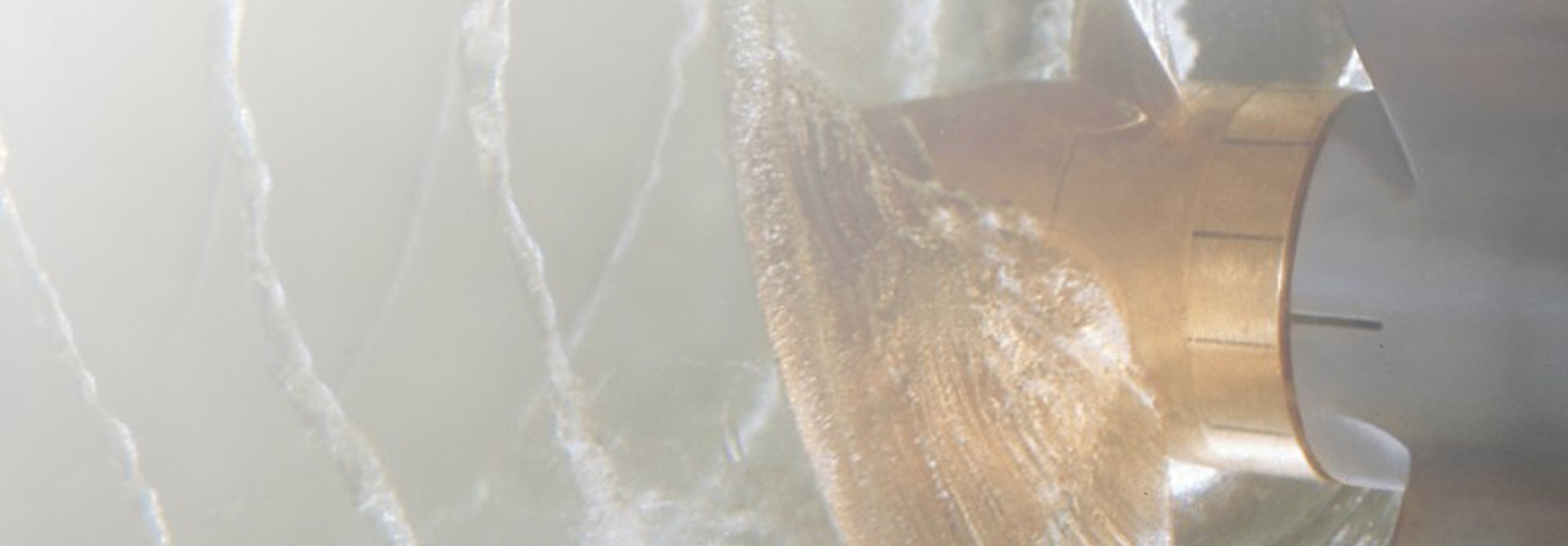Marine Propulsion Electrical Drives Characteristics
The training series Marine Propulsion Systems is a unique technical and international oriented series of training modules for those who wish to acquire in-depth knowledge of the design of different marine propulsion systems. When you have completed the module ‘Electrical Drive Characteristics’, you will be able to decide which type of electrical drive component and/or system will be suited best for a particular vessel design.The theory is practised by means of exercises. Sign up

Organizer
Marjolein Greve
Adviseur Trainingen
+31(0)884451015
academy@maritimetechnology.nl
During the fourth module ‘Electrical Drives Characteristics’ several concepts of electrical drive systems and their main components will be discussed.
For whom?
This module is intended for designers and (sales) engineers who deal with the integration or the design of marine propulsion systems and in particular electrical propulsion during concept design phase. It will also be of interest to people who come across aspects of these systems during their (daily) work and who wish to learn more about the working principle of marine electrical propulsion systems.
Costs (excl. VAT)
- Members € 1.350,-
- Non-members € 1.700,-
The training series Marine Propulsion consists of 4 modules, which you can participate in independently. If you wish to participate in multiple modules, we will offer you a discount on the total price.
1 module = full amount
2 modules = 5% discount on the total amount of both courses
3 modules = 10% discount on the total amount of 3 courses
4 modules = 15% discount on the total amount of 4 courses
All modules you have registered for, need to be completed within 2 years. Discount will be deducted from the last invoice.
Date and location
21st and 22nd of November 2024, from 9:00-17:00, NMT office or another location in Rotterdam (the Netherlands)
Objective
When you have completed the training ‘Electrical Drive Characteristics’, you will be able to decide which type of electrical drive component and/or system will be suited best for a particular vessel design.
The training covers the following topics:
- Introduction to electrical propulsion systems and their components
- Electrical propulsion: design aspects, reasons for choosing electric propulsion (safety, noise and vibrations), propulsion concepts, installation, environmental aspects, operating conditions
- Power generation: voltage control, load sharing, diesel generator, isochronous control
- Electrical design aspects electric machines: AC, DC and asynchronous machines and their working principle
- Mechanical design aspects electric machines: bearings, temperature rise, cooling methods, protection of systems
- Dynamic positioning: design aspects for different propulsion concepts, (redundant) power and distribution, integrated automation system, vessel management and control, lay-out systems
- Standards for electrical propulsion
- Electrical components and their physical working principles: resistor, inductor, capacitor, diode, thyristor, transistor, rectifier, chopper
- Characteristics and types of inverters, converters and transformers
- Theory of electric power: Kirchoff’s first and second law, vector representation, complex calculations, 3-phase systems
- EMC: Electromagnetic Compatibility, Electromagnetic Emission and Immunity
- Electromagnetic fields, forces and inductions, incl. Faraday’s Law, Lenz’s Law, Lorentz’s Law
- Harmonic distortion and short circuit calculations
- High voltage installations: physical characteristics, safety, design high voltage switchboards
- Fuel cells: working principle, fuel cell types, installation
- Superconductive machines
- History and development of electric propulsion systems
Subsidy
If the organisation you work for falls within the ambit of the CAO Metalektro, you might entitled to compensation from one of the A+O development funds. Please go to the website of A+O Metalektro (foundation for development by the social partners in Metalektro) if you are looking for more information. If your organisation falls within the ambit of the social partners in metalworking, you might be entitled to compensation from one of the OOM educational settlements. Please go to the website of OOM (schooling agency for the social partners in metalworking) if you want more information about these funds.
Other modules
Marine Propulsion Module 1: Plant Concepts and basic hydrodynamics
Marine Propulsion Module 2: Marine Internal Combustion Engines, (sustainable) fuels & emissions
Marine Propulsion Module 3: Propulsion system integration: Matching machinery and propeller
More information or interested in in-company possibilities?
For more information please contact Marjolein Greve or Louise de Jong, Training Advisors at the NMT’s office via T +31 (0)88 44 51 000 or E academy@maritimetechnology.nl.
